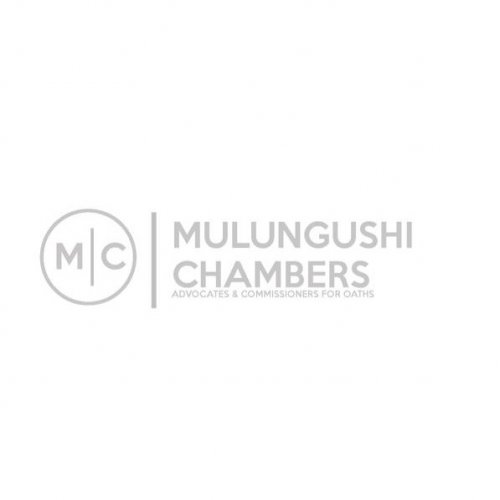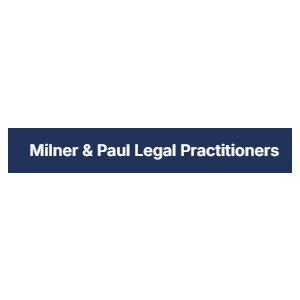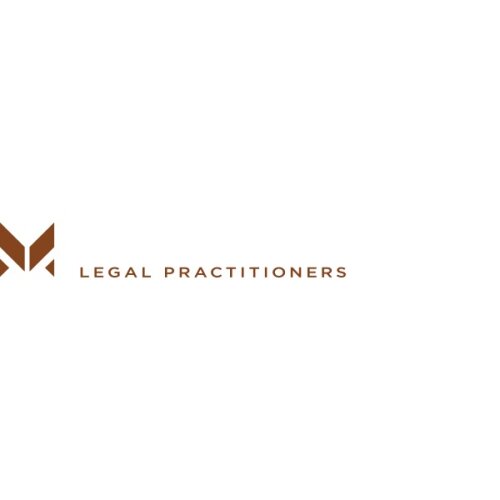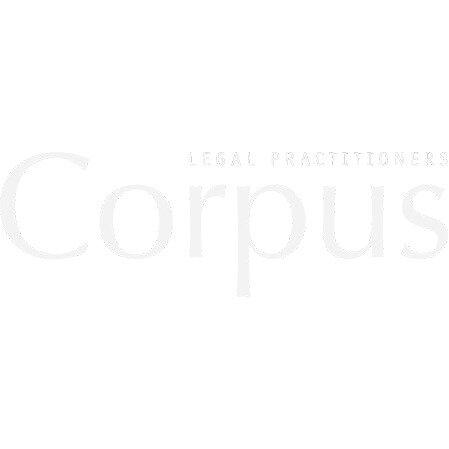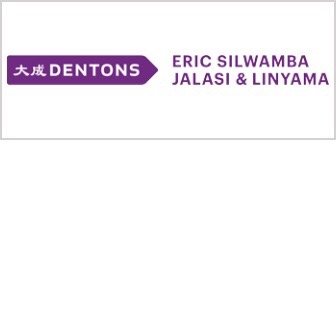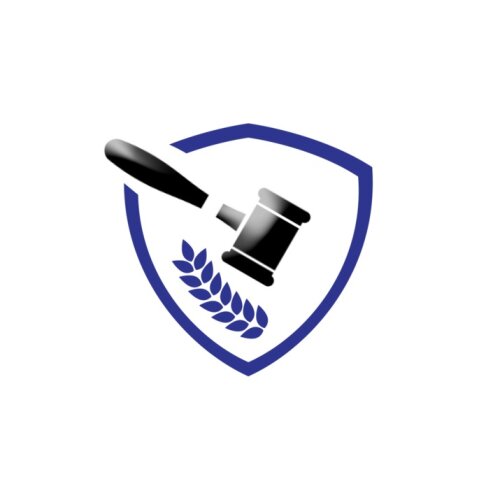Best FDA Law Lawyers in Lusaka
Share your needs with us, get contacted by law firms.
Free. Takes 2 min.
List of the best lawyers in Lusaka, Zambia
About FDA Law in Lusaka, Zambia
FDA Law in Lusaka, Zambia refers to the legal framework that governs the regulation, approval, import, manufacture, distribution, and marketing of food, drugs, cosmetics, and medical devices. This area of law is primarily overseen by the Zambia Medicines Regulatory Authority (ZAMRA) and the Zambia Compulsory Standards Agency (ZCSA), which operate under the broader Ministry of Health and Ministry of Commerce, Trade and Industry. These laws are designed to ensure public health and safety by setting clear guidelines for businesses and individuals involved with products that impact health and wellbeing.
Why You May Need a Lawyer
FDA Law is complex, and regulatory requirements can be difficult to navigate for those unfamiliar with the landscape in Lusaka. Common situations where legal assistance is recommended include:
- Registering a new pharmaceutical, food, or cosmetic product for sale in Zambia
- Obtaining import licenses or export permits for regulated substances
- Responding to inspections or enforcement actions by regulatory authorities
- Understanding or appealing product recalls or bans
- Ensuring compliance with labelling, advertising, or quality control standards
- Facing penalties or litigation related to alleged regulatory breaches
- Negotiating contracts or partnerships in the supply or distribution of FDA-regulated products
A lawyer with expertise in FDA Law can help interpret complex regulations, manage applications and appeals, and protect your interests in disputes with authorities or other parties.
Local Laws Overview
The key legal instruments and regulations relevant to FDA Law in Lusaka include:
- Zambia Medicines and Allied Substances Act - governs the regulation, control, and licensing of medicines and allied substances.
- Food and Drugs Act - covers the standards for food, drugs, and cosmetics, including labelling and safety.
- Zambia Bureau of Standards Act - provides for the setting and enforcement of standards relating to health-related products.
- Public Health Act - addresses broader public health concerns linked to food, drugs, and medical devices.
These laws empower regulatory agencies to inspect premises, seize non-compliant products, and impose fines or other penalties for violations. There are specific procedures for product registration, labelling, import permits, and advertising approvals. Non-compliance can result in administrative or criminal sanctions.
Frequently Asked Questions
What is the process for registering a new drug or medical device in Lusaka?
You must submit an application to ZAMRA, including technical data, clinical trial information, and proposed labelling. The authority reviews the documentation for safety, efficacy, and quality before granting approval.
Are imported foods and drugs subject to different rules than locally produced ones?
Both imported and locally produced products are subject to the same regulatory standards in terms of safety and quality. Imports, however, require additional documentation, import permits, and customs clearance.
What are the penalties for selling unregistered drugs or unsafe foods?
Penalties can include fines, imprisonment, product seizures, and revocation of business licenses.
How does the government monitor compliance with FDA Law?
Regulatory agencies conduct inspections, sampling, and testing of products. They may also review advertising and investigate complaints from the public or competitors.
Can my product’s label or advertisement be rejected?
Yes. All product labels and advertisements must be pre-approved by authorities. Deceptive, misleading, or unsubstantiated claims are likely to be rejected.
What should I do if my product is recalled?
Take immediate steps to comply with the recall order, remove affected products from the market, notify consumers if required, and work with legal counsel to address any liability or regulatory issues.
How long does it take to obtain regulatory approval for a new product?
Timelines vary depending on the product type and complexity of the application, but it often takes several months. Early submission and complete documentation can help prevent delays.
Are herbal remedies and traditional medicines regulated under FDA Law?
Yes. Herbal remedies and traditional medicines are regulated for safety, efficacy, and quality, and require registration with relevant authorities.
What role does the Zambia Bureau of Standards play?
The Bureau sets quality and safety standards for a range of products, conducts inspections, and issues certifications which may be required for import or sale.
How can I challenge a regulatory authority’s decision?
The law provides mechanisms for administrative appeals and, ultimately, judicial review. It is important to act quickly and engage legal counsel to build a strong case.
Additional Resources
If you need more information or support, consider the following resources:
- Zambia Medicines Regulatory Authority (ZAMRA): Responsible for regulating medicines and allied substances.
- Zambia Compulsory Standards Agency (ZCSA): Implements compulsory standards for food and related products.
- Zambia Bureau of Standards (ZABS): Develops and enforces standards for a wide range of goods.
- Ministry of Health: Sets public health policy and oversees related regulatory authorities.
- Zambia Chamber of Commerce and Industry: Offers business support, including guidance on regulatory compliance.
Next Steps
If you believe you need legal assistance with FDA Law matters in Lusaka, consider the following steps:
- Gather all relevant documents (permits, applications, notices, correspondence)
- Clearly define your issue or concern, including key timelines and parties involved
- Consult with a lawyer who specializes in FDA Law in Zambia for an initial assessment
- Follow the lawyer’s advice on responding to regulatory authorities or preparing applications
- Keep records of all communications and actions taken in relation to your case
Qualified legal counsel can help protect your business interests, navigate complex regulatory requirements, and resolve disputes effectively. Acting promptly and with professional guidance is the best way to ensure compliance and minimize risks.
Lawzana helps you find the best lawyers and law firms in Lusaka through a curated and pre-screened list of qualified legal professionals. Our platform offers rankings and detailed profiles of attorneys and law firms, allowing you to compare based on practice areas, including FDA Law, experience, and client feedback.
Each profile includes a description of the firm's areas of practice, client reviews, team members and partners, year of establishment, spoken languages, office locations, contact information, social media presence, and any published articles or resources. Most firms on our platform speak English and are experienced in both local and international legal matters.
Get a quote from top-rated law firms in Lusaka, Zambia — quickly, securely, and without unnecessary hassle.
Disclaimer:
The information provided on this page is for general informational purposes only and does not constitute legal advice. While we strive to ensure the accuracy and relevance of the content, legal information may change over time, and interpretations of the law can vary. You should always consult with a qualified legal professional for advice specific to your situation.
We disclaim all liability for actions taken or not taken based on the content of this page. If you believe any information is incorrect or outdated, please contact us, and we will review and update it where appropriate.



